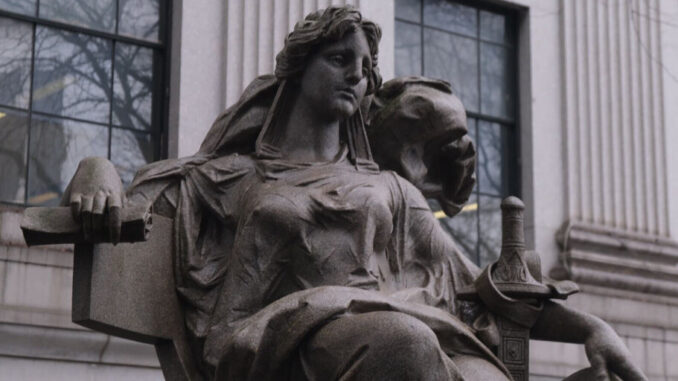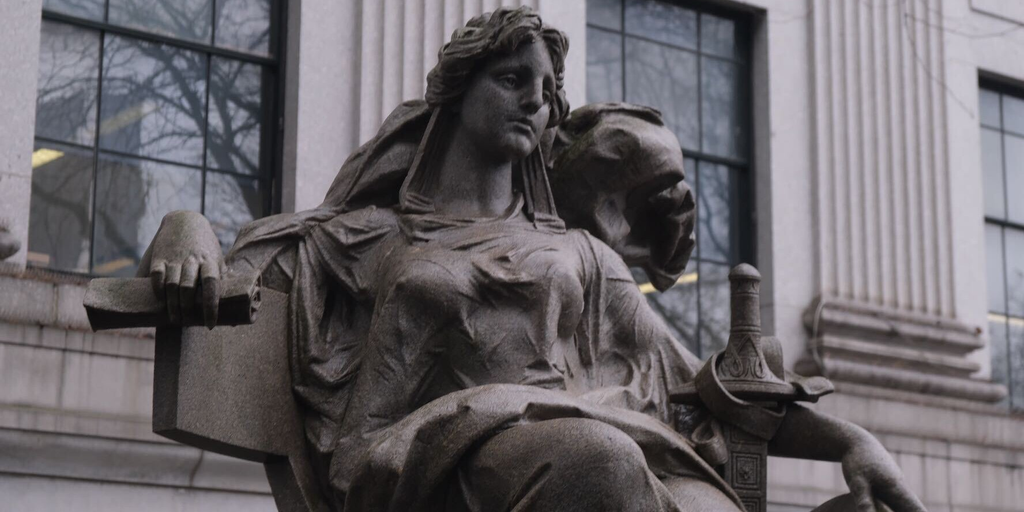

The judge overseeing Coinbase’s high-stakes legal battle with the Securities and Exchange Commission (SEC) peppered the agency’s counsel with questions about how Coinbase was allowed to go public.
During a pre-motion hearing on Thursday, U.S. District Judge Katherine Polka Faila explored whether any significance should be given to the lack of concerns raised by the SEC when Coinbase filed its S-1, according to court documents.
Companies must file an S-1 with the SEC before an Initial Public Offering (IPO), where a firm’s shares become available to the investing public. Coinbase made its debut on the Nasdaq in April 2021 after its S-1 form was “declared effective.”
Two years later, the SEC is suing Coinbase, claiming its business runs afoul of securities laws.
Judge Falia acknowledged she may be “reading too much into the issuance of the S-1,” but said, in Coinbase’s case, the filing may hold some significance.
“It’s not crazy in the Faila parlance for Coinbase to think that what they were doing was okay because it was exactly what you let them do when they issued the S-1,” Judge Falia said.
The SEC’s counsel argued that Judge Faila’s focus on the S-1 is misplaced, and the filing has little to do with the legality or agency’s support of Coinbase’s business.
“Simply because the SEC allows a company to go public does not mean that the SEC is blessing the underlying business, or the underlying business structure, or saying that the underlying business structure is not in violation of the law,” SEC counsel said.
Additionally, the SEC counsel member said no evidence has been put forth in the case showing the agency looked at specific assets being listed on the exchange or “gave Coinbase comfort that this would not later be found to be a security.”
Coinbase’s S-1 was one of several topics that came up during the case’s first hearing, such as the so-called “major questions doctrine” and the Howey test. Still, Faila’s comments provide insight into her initial thoughts as the case takes shape.
Judge Faila said the SEC’s stance on the S-1 warrants some degree of “skepticism,” adding that in her view, Coinbase could’ve been “forewarned that maybe someday there could be a problem” with its business.
The SEC should have had some knowledge about whether Coinbase’s business conflicted with securities laws when the exchange’s S-1 was issued, Faila said.
“I am not saying that the commission should be omniscient at the time it’s evaluating a registration statement and that it should know all things,” Faila said. “But I would have thought the commission was doing diligence into what Coinbase was doing.”
A member of Coinbase’s legal counsel, Steven Peikin, who previously served as co-director of the SEC’s enforcement division, weighed in on the exchange’s S-1 toward the hearing’s tail end.
He referenced the SEC’s decision to not review registration statements for companies the agency has had concerns about in the past, including those that focus on both cannabis and betting. And he addressed Judge Faila’s skepticism toward the SEC’s stance, saying it’s an instinct worth listening to.
“You reflected some discomfort with the idea that the commission could authorize Coinbase’s S-1 and allow it to become public, and your gut suggested to you that there seems to be something wrong with the idea that that’s of no legal import,” he said. “To the extent that you have some core discomfort with the idea that this counts for nothing, we think your instinct is correct.”






Be the first to comment